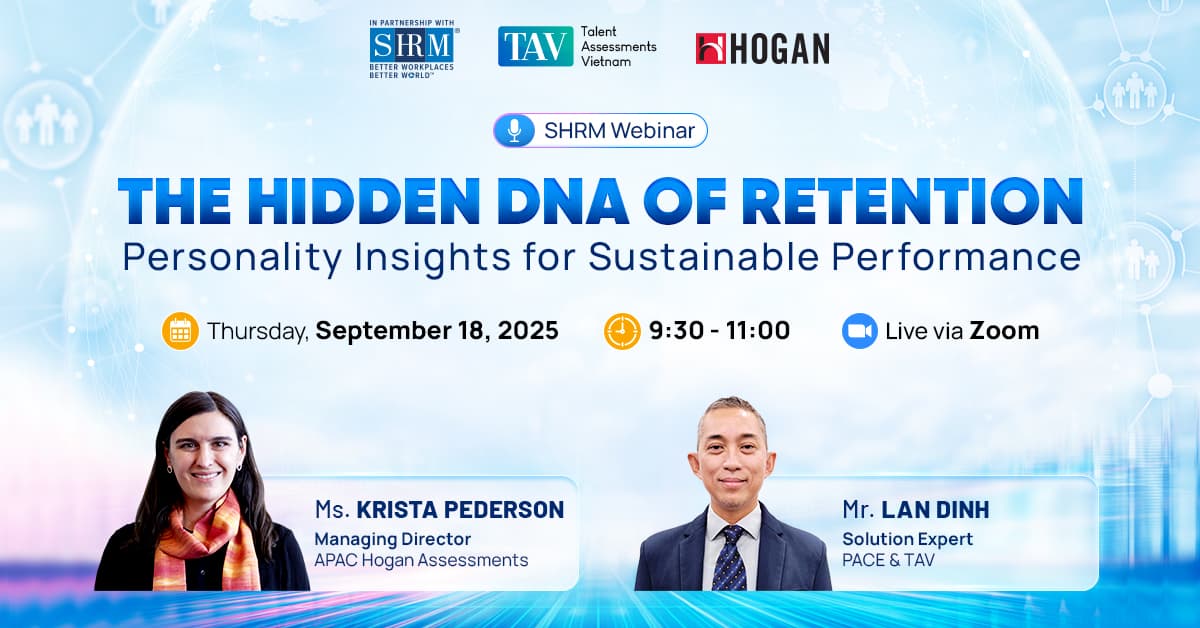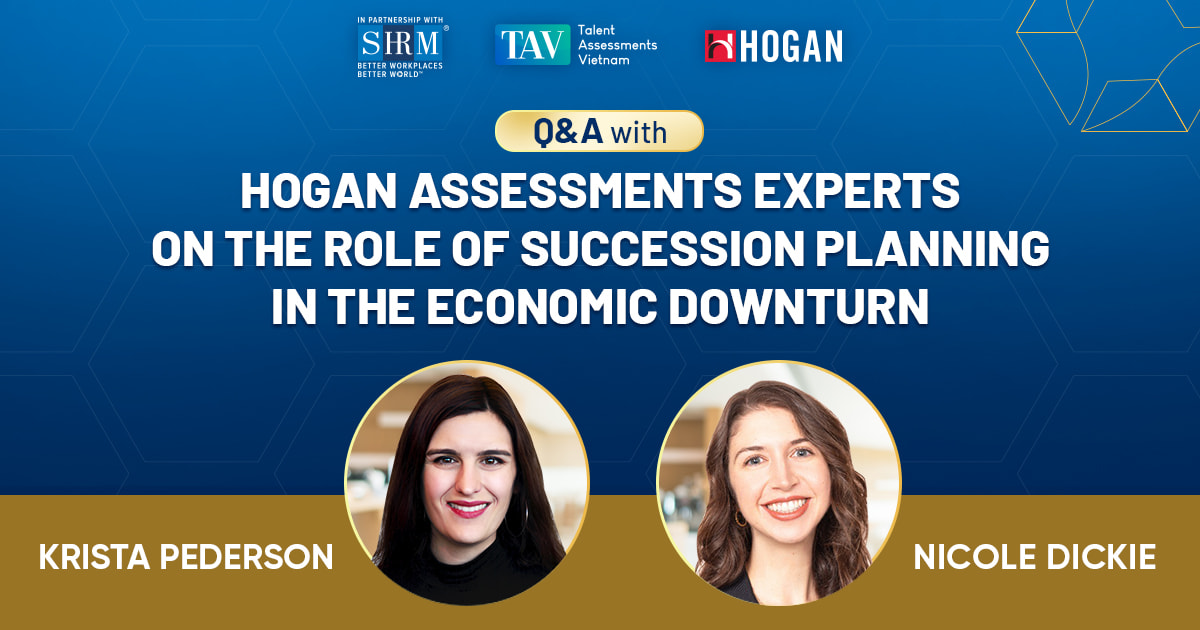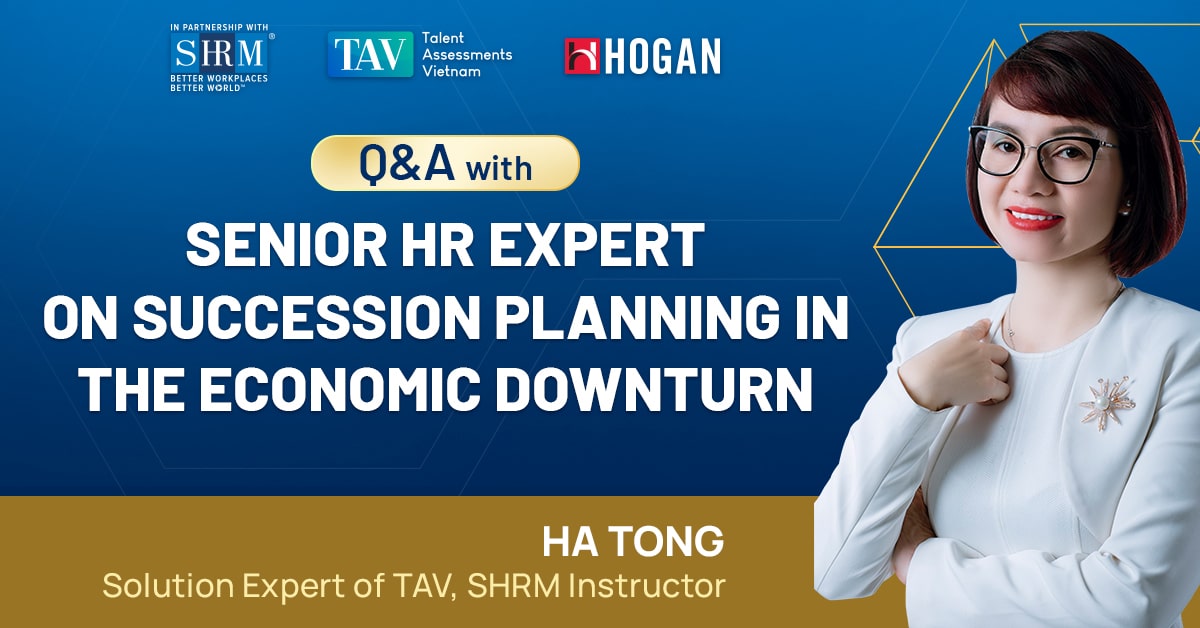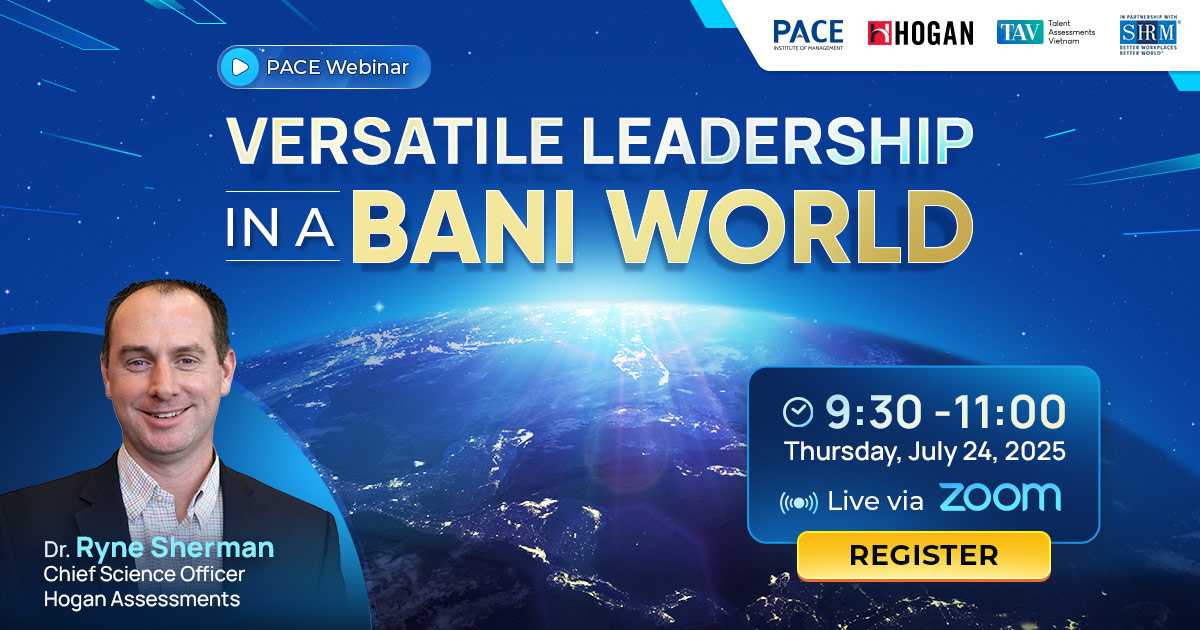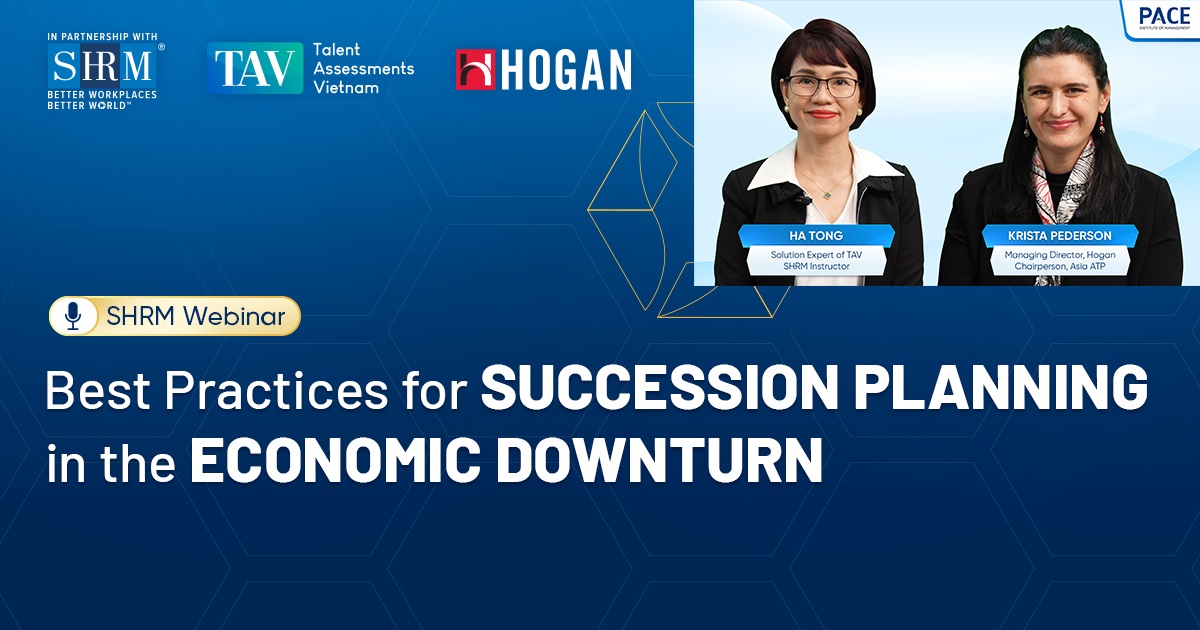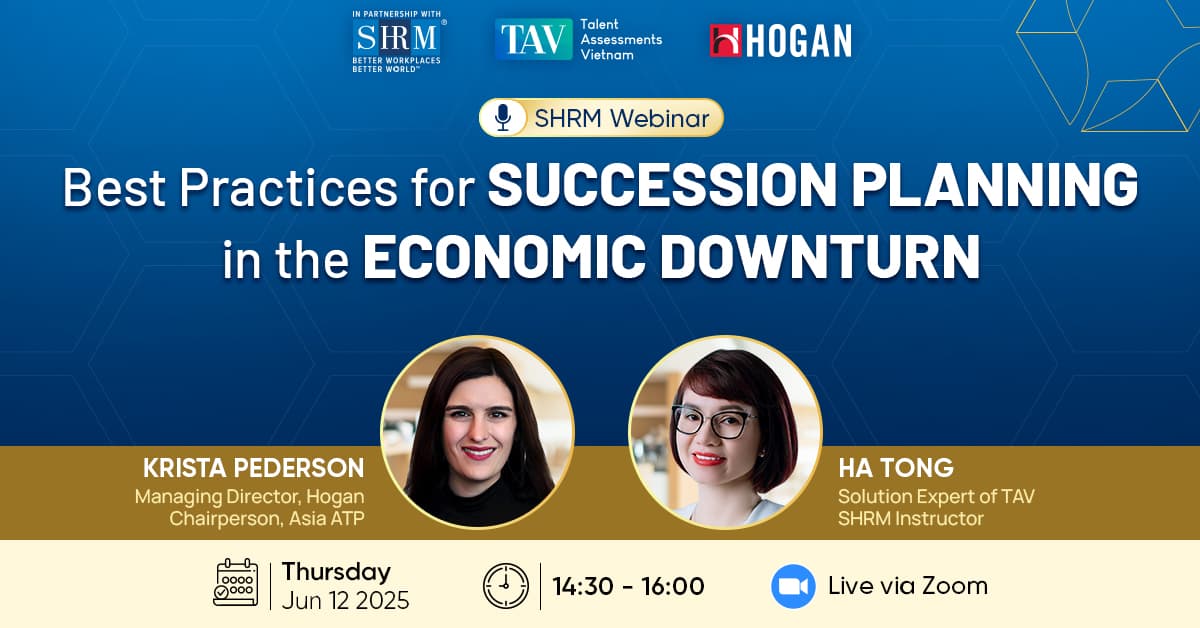To Win at Work, We Should Accept the Fact that Success is Always Collective: Srikanth Balachandran
Winning is important. But what is winning? Is it only a tangible achievement, a monetary gain? Is it an attitude that doesn’t let you quit? Is it only related to professional goals? Can we all be winners?
This year at SHRMiAC’17 – we’re going to find out the answers to all these questions and more. Global HR leaders will share what winning means to them and how we can all cultivate the art of winning in our lives and in our organizations.
But until then, let’s think about what WINNING means to us. What is the biggest win of our professional life (you can do the same exercise for your personal life) and how did it make us feel?
To get some perspective on these questions, we posed the query to Srikanth Balachandran, Global CHRO, Airtel, and one of the esteemed speakers at our Annual Conference, as well. “I have had many high moments of several wins in my professional career over 3 decades. If I have to pick up one big win, I would say: transforming the Finance organisation of Bharti Airtel in 2011 to become truly global in orientation, skills and capabilities, and later on in 2015, doing the same for HR. On both these occasions, it was the teams at work who made it happen. I feel a sense of pride that I was a part of the winning teams”, he said.
He further added that “To win at work, we should accept the fact that success is always collective. Winning organisations everywhere are characterised by one important factor: restlessness of teams at work”. Big wins, as Srikanth rightly pointed out, involve more than just one person. They are an outcome of team effort. When teams win, individuals also win – i.e. the organization wins.
To win and to sustain this win, it is important for organizations to recognize these winners and work on developing them into future leaders – true leaders – who as Srikanth defines with a Tom Peters’ quote as “leaders don’t create followers, they create more leaders”. And, how do we recognize these winners – the potential leaders, we asked Srikanth. “They are the ones who are in “a state of equilibrium at all times, through ups and downs, successes and failures, victories and losses”, he replied. Along with all these characteristics, leaders should be able to motivate their teams to achieve goals, overcome challenges, and work to win against all odds. We asked Srikanth how he keeps his team geared up to go from one win to another. “By constantly reminding ourselves that for a mountain climber, the climb against all odds is the real goal, the peak is only the means!”, he shared.
